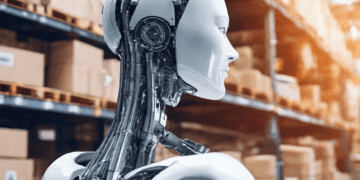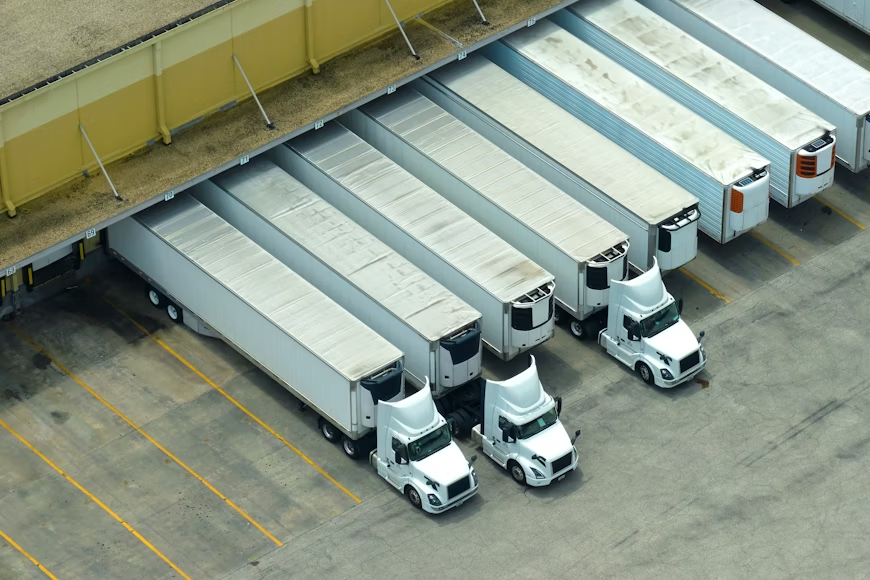As the retail industry continues its relentless pursuit of innovation, attention is increasingly turning towards enhancing supply chains, with artificial intelligence (AI) emerging as a key area of focus.
Historically, the supply chain sector might not have been seen as the frontline of innovation within the retail industry. However, the disruption caused by the global pandemic has highlighted significant vulnerabilities in current supply chain models, propelling AI to the forefront of strategic planning. Research from Gartner indicates that by 2024, half of all supply chain organizations are expected to invest significantly in AI and analytics tools.
This early phase of AI integration into supply chains marks the beginning of a transformative era, promising substantial benefits but also presenting new challenges. This article explores the potential of AI to revolutionize supply chain management, outlining both the opportunities for optimization and the hurdles businesses may face.
The Potential of AI in Supply Chain Management
AI’s application within supply chains is poised to revolutionize how businesses forecast demand, manage inventories, and mitigate risks. A few key benefits include:
- Enhanced Demand Forecasting: AI enables more precise demand forecasting, allowing businesses to optimize production schedules. This not only prevents stock shortages but also reduces surplus inventory, leading to increased efficiency and profitability.
- Inventory Management: With AI, companies gain a 24/7 accurate view of their stock levels, enabling proactive inventory adjustments. This automation frees up employees to focus on strategic tasks while minimizing storage costs.
- Supply Chain Risk Management (SCRM): AI-enhanced SCRM systems offer real-time insights by analyzing vast datasets, helping identify potential supply chain disruptions before they occur. This capability is invaluable for maintaining smooth operations and ensuring timely delivery to customers.
Challenges in Implementing AI
While the advantages of AI are clear, its integration into supply chains is not without challenges:
- Data Security and Privacy: As reliance on AI increases, so do the risks related to data security and privacy. Businesses must prioritize regular risk assessments and establish robust security protocols to protect against cyber threats.
- Cost and Complexity: The transition to AI-driven supply chains involves significant time and financial investment. Companies must be prepared to invest in the necessary digital infrastructure to support this transformation.
- Workforce Education: Successfully leveraging AI technology requires a skilled workforce. Ongoing education and training in critical thinking and problem-solving are essential for employees to effectively utilize AI tools.
The Road Ahead
The journey toward AI-driven supply chain management is just beginning. Future advancements are expected to integrate AI with other technologies such as blockchain and the Internet of Things (IoT), offering unprecedented visibility and efficiency. As the industry moves forward, maintaining a commitment to environmental and ethical standards will be as important as embracing technological innovation.
The Supply Chain Report will continue to provide updates and insights into the evolving landscape of supply chain management. As we advance into 2024 and beyond, the integration of AI and other technologies holds the promise of transforming the supply chain into a more agile, resilient, and sustainable component of the global economy.
Stay informed on supply chain news at The Supply Chain Report. Free international trade tools are at ADAMftd.com.
#SupplyChainInnovation #ArtificialIntelligence #AIDrivenSupplyChain #DemandForecasting #InventoryManagement #SupplyChainRiskManagement #RetailTransformation #DigitalTransformation #Sustainability #DataSecurity #WorkforceEducation #FutureOfRetail #Blockchain #IoT #AIIntegration #GartnerResearch















